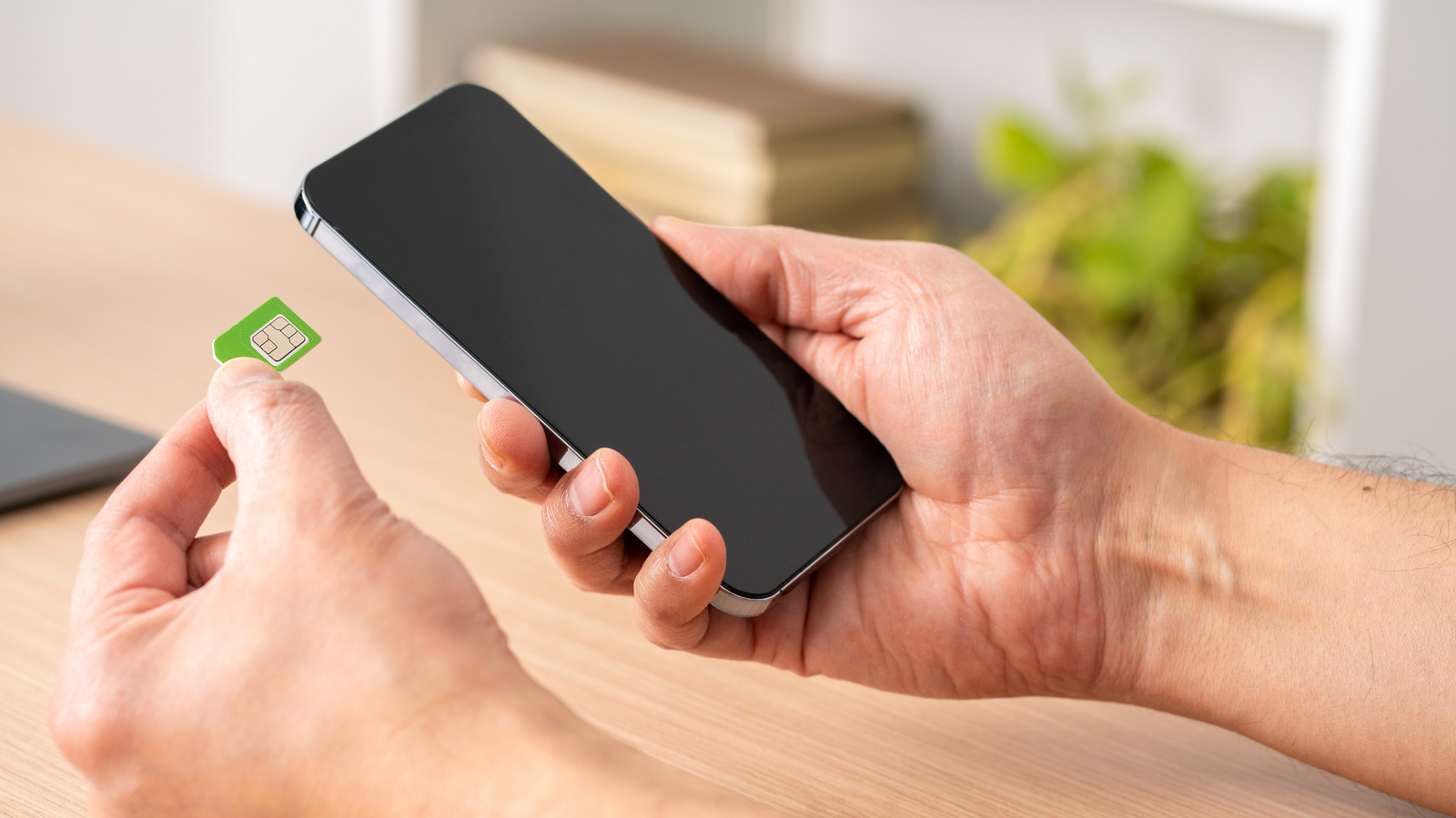Will AI truly kill the smartphone?
The post Will AI truly kill the smartphone? appeared first on Android Headlines.


Undoubtedly, the smartphone is one of the most important devices in human history. Over the past nearly 20 years, it’s become one of the most useful, versatile, and recreational devices that we interact with. So, when generative AI became a public spectacle in late 2022, it was only a matter of time before companies thought up how they could bring it over to smartphones. Now, it seems as though AI is on a fast track to kill the smartphone, but can it really?
Saying that AI wants to kill the smartphone seems like a bold statement. Most technological innovations over the years have paired amazingly with the smartphone. Innovations in gaming have turned our phones into miniature game consoles, innovations in audio have turned our phones into replacements for our Bluetooth speakers, and so on. Companies know the utility of pushing technologies that make the smartphone experience better. These are devices that we carry around with us constantly, and we rely on them as a useful tool.
It seems like it should be the same thing with AI. We use our smartphones for communication, and generative AI can help with that by generating text for us. Also, we use our phones for content creation; guess what, generative AI can help with that as well. New AI services coming out aim to redefine what you can do with your smartphone, and thus, make it a much more useful tool.
So, how is AI trying to kill the smartphone?
That statement sounds more malicious than it actually is. The CEOs of AI companies aren’t hunched over their desks trying to come up with ways to make smartphones extinct. Rather, certain technologies are developing at the moment that, inadvertently, target parts of the smartphone experience that make it less convenient.
For example, companies like Google, Motorola, Oppo, and Rabbit are working on AI models that can perform actions on behalf of the user. The goal of these models is to basically have your AI agent dig into apps and do things without you needing to even take out your phone. A common example is having an AI order your coffee for you. Both Oppo and Motorola gave that example.

Taking out your phone and ordering a coffee isn’t exactly a painful process, but it’s something that AI agents will shine a harsh light on, no matter what. Obviously, Motorola and Oppo, two major smartphone companies, aren’t trying to make their devices obsolete.
Companies are working on AI innovations that unintentionally make smartphones look bad. Why take out your phone and read through your messages when your AI can summarize the conversation and send a reply for you? Why look up a word when you can have your AI define it for you and use it in a sentence?
It’s painful to say this, but when it comes to certain AI innovations, smartphones are just in the way. They just happen to solve certain intrinsic issues that smartphones have. Smartphone companies weren’t trying to kill the MP3 player, but certain advancements just happened to render those devices obsolete.
Let’s not forget about the AI devices
With that being said, there are definitely some companies that seem to have it out for smartphones. These are bits of hardware that aim to smack your iPhone or Galaxy out of your hands. While ill-fated, devices like the Human AI Pin and the Rabbit R1 tested the waters to see how easy it is to have an AI model handle all of your smartphone needs.
These companies boiled the entire smartphone experience down to ordering Ubers, looking stuff up, and sending/receiving messages. The two aforementioned companies, along with other brands, apply the unwritten tagline to their devices “Why fumble around with apps when you can just have tasks done for you?” These are devices that seem more hell-bent on eliminating the smartphone.

But the question is whether it will actually work. Will AI kill the smartphone? Will the slabs sitting in our pockets full of apps and other goodies go extinct and be replaced with some wearable or a small box with an AI model?
Why AI could kill the smartphone
There’s no doubt that AI has taken the world by storm, and it’s not hard to see why. Most AI tools just make life easier for better or worse. We can’t argue with sheer convenience, and this is something that AI companies tell us all the time. Whether you’re looking up the definition of a word, trying to translate text, or ordering your morning coffee, AI can help.
This is one reason why AI could kill the smartphone. Tech companies are trying to claw your fingers off of your screens; they want to eliminate as many steps as it takes to perform functions as possible. Most people are all for this sort of thing.
“Send an email to Janice telling her that we accepted her proposal.” Something that would traditionally require you to take out your phone, open your email app, and type up an email now takes you seconds. So, why does the phone need to be in the equation? The AI assistant of everyone’s dreams can type up emails, send text messages, adjust your smart home devices, and order all the coffee to satisfy your caffeine addiction.
Getting to this point will be tough for companies to do, but the thing is that people want it; you gotta give the people what they want! The masses are excited about this kind of voice-driven future. Many people are ready to shed their smartphones and move all of their mobile computing to a pendant or bracelet.
Cost savings
Let’s turn our attention away from the masses and turn it to the manufacturers. Crafting a smartphone is a pretty expensive venture, and it requires some serious manpower. There are thousands of smartphone companies out there, but imagine how many millions of people dream of making their own smartphones, but just don’t have the means.

Well, here’s the thing, building a small device with no screen, no camera, no vibration motor, a tiny battery, and a bare-bones OS with the task of just tapping into AI model APIs is a much easier task to accomplish. Yes, the AI devices on the market nowadays have taken a sharp nosedive, but the technology will come into its own. As more products hit the market, they’ll improve in terms of quality.
Both the AI Pin and the Rabbit R1 have a huge MKBHD-shaped hole in them. But, guess what, more devices are coming. Soon, these AI devices won’t be so niche. We’re already seeing more companies come out with their own AI devices, and it’s only a matter of time before that one company cracks the code. It’s possible to see a future where companies move away from building smartphones to building smaller and cheaper AI devices.
Why AI probably won’t kill the smartphone
However, let’s take a look at the other side of this coin. AI has a long way to go if it wants to put the smartphone in the ground. We have to admit that there are some major factors going against AI.
Fragmentation
Modern AI is a prime example of technology that we see in the movies. How many futuristic Sci-fi movies depict the sort of future that Sam Altman and Sundar Pichai speak about? Most of them do. It doesn’t matter if it’s Utopian or Dystopian.
The thing about those movies is that they don’t take into account the real-world obstacles that are holding AI back today. What do pieces of media like 2004’s iRobot and Detroit Become Human have in common? They and other bits of sci-fi only show one company. In the case of iRobot, it’s U.S Robotics, in the case of Detroit Become Human, it’s CyberLife. One Corporation to rule them all!
However, in the real world, we’re not just dealing with one company. Google has its own vision of AI. Guess what, so does Meta. We can’t forget about OpenAI, Microsoft, Apple, Anthropic, Humane, and all of the other companies trying to deliver their own flavor of AI. The issue with this is that there’s some extreme fragmentation in the industry.

There are a bunch of companies out there that all bring their own take on AI. They have their own models or use APIs for different models and they’ll bring their own services. It’ll be tough to stick to one ecosystem because we’ll most likely deal with a sloppy patchwork of different services. You’ll need a ton of services to properly replace your phone. We’re talking about one device to eliminate your communication device, alarm clock, calendar, agenda, camera, television, web browser, and so on.
The Humane AI Pin was able to do SOME things, the Rabbit R1 was able to perform a FEW tasks. But, you have to remember that the smartphone has existed for years. Companies have mastered the art of cramming features into a small 6.5-inch device. Well, as time goes on, models from one company will be able to do some things while models from other companies will be able to do others.
Different companies will offer different models and hardware that perform different tasks. Sure, you can use multiple devices so you can have the best of all worlds, but why do that when one smartphone can perform everything you need it to?
There are some things that phones just do better
We’re going to see a plethora of AI devices launch as more companies try to colonize this developing market. However, there are just things we can’t expect these devices to do better than smartphones.
Interface
The main thing that AI devices and assistants lack is a visible user interface. Sure, the Rabbit R1 had the tiny Game Boy screen, but we’re talking about a full-fledged display. Some things are just better with a full screen. For example, assistants have long been able to read back your appointments, but sometimes, you just need to see a full calendar on your screen with all of your appointments.
What if you want to listen to music? Sure, you can tell an AI model to “play my Michael McDonald playlist on YouTube Music”, but what if you want to look through your music? What if you want to organize your tracks or search for something new? It’d be pretty hard to do that with just your voice.

Speaking of that, having a visual interface negates the need to speak EVERY ONE of your commands. A voice-driven future seems tempting until you find yourself having to summon the assistant for everything you want to do. It’s better to dive into an interface and go through the actions yourself silently instead of constantly speaking. It’s obvious how annoying that can be when you need to do something in a quiet location.
Entertainment
Try watching a movie or YouTube video on the Humane AI Pin. As nifty as that device is, it overlooks the fact that people use their phones for entertainment. Even the traveling businessman (one market that the AI Pin was targeted at) needs to wind down and watch a video every now and then.
Remember, our phones are designed to be any and everything that a human being would need at a moment’s notice. They’re not only designed to be our business devices; we’re not only checking our calendars and sending emails.
We’re using them to capture pictures, play games, post to social media, watch videos, and so much more. We’ve been conditioned to treat smartphones as our most trustworthy devices because they can be. There are just some things that an AI assistant just can’t do.
The future is still uncertain
At the time of writing this, ChatGPT has been out for more than two years. Be that as it may, we’re still at the very beginning of this new age, so companies are still just dipping their toes into their new ventures. As such, the future is still very uncertain.
Will AI actually replace the phones sitting in our pockets or will this craze fizzle out like the Nokia NGAGE? Who knows? All we know is that, no matter which reality happens, the way we interact with the world, whether it be through a smartphone screen or an AI model, will change as time goes on.
The post Will AI truly kill the smartphone? appeared first on Android Headlines.
What's Your Reaction?














































































